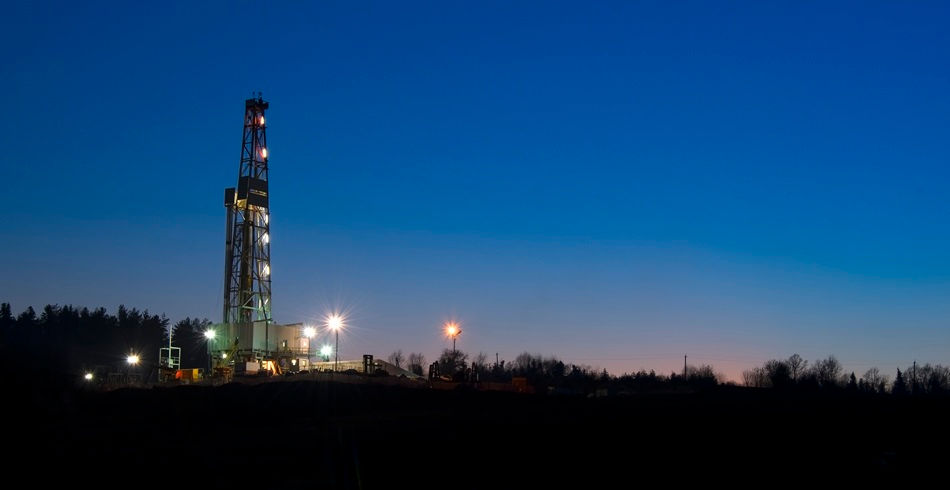Independent LCA shows HutanBio’s algae-biofuel production achieves net-negative carbon emissions
- HutanBio
- May 12, 2025
- 2 min read

U.K.-based climate-technology company HutanBio announced May 8 that the production process for its proprietary HBx microalgal biofuel achieves net-negative carbon emissions based on an independent cradle-to-gate lifecycle assessment (LCA) conducted by EcoAct, a leading international sustainability consultancy and a wholly owned subsidiary of Schneider Electric Sustainability Business.
HutanBio said the assessment offers robust third-party validation of HBx’s carbon-removal potential and adds new momentum to the development of credible low-carbon fuel solutions.
HutanBio’s proprietary microalgal system naturally captures and sequesters carbon, achieving a net uptake of minus 5.78 tCO2e per metric ton of HBx produced.
The LCA found that HBx production removes up to 1.48 tons of CO2e per ton of biofuel produced across all three planned production sites in Morocco, the Middle East and Western Australia.
The LCA addressed all production stages—including raw-material inputs, inbound transport, production and refinery processes, and waste handling—offering a transparent carbon-accounting methodology “rarely seen in the biofuels sector,” HutanBio said.
While downstream use-phase emissions are not included in the system boundary, the results clearly show that the production process alone contributes a net-negative carbon impact.
The assessment was conducted in alignment with ISO 14040:2006 and ISO 14044:2020, providing robust independent analysis of HutanBio’s technology and methodology.
HBx is derived from a newly discovered marine microalgae cultivated in seawater on nonarable land using HutanBio’s proprietary enclosed-photobioreactor technology.
It does not compete with food crops or freshwater resources and is designed to power hard-to-abate transport sectors.
“The biofuels industry has long struggled with inconsistent reporting and opaque sustainability claims,” said HutanBio CEO Paul Beastall. “By following ISO standards and publishing these results, we are not only validating our own process but helping to set a new benchmark for industry transparency. These results mark a significant milestone in the development of science-backed, scalable low-carbon alternatives to fossil fuels.”
Among the three regions assessed, Morocco delivered the lowest emissions due to favorable sourcing, energy availability and shorter logistics chains.
The study also found that switching to renewable electricity in HBx production can reduce production emissions by up to 5.6 times compared to fossil-based energy.
“Many producers focus solely on the theoretical carbon benefits of their fuel while obscuring the significant emissions from their production processes,” said James Ibberson, HutanBio’s chief technical officer. “Our approach is to measure everything, optimize what we can and be completely transparent about the results.”
Stuart Lemmon, CEO of EcoAct and global head of practices and sustainability at Schneider Electric Sustainability Business, added, “The LCA is the gold standard for quantifying environmental impact across a product’s journey. What sets HutanBio apart is not just their willingness to undergo this rigorous process, but the remarkable results achieved. Their net-negative carbon profile represents exactly the kind of breakthrough innovation needed in hard-to-abate sectors. By embracing this level of scientific scrutiny and transparency, HutanBio is establishing a new benchmark for the entire biofuels industry to aspire to.”
HutanBio plans to begin construction of a commercial pilot facility in the first quarter of next year and is actively seeking strategic partnerships with transportation leaders and investors committed to climate action.


































